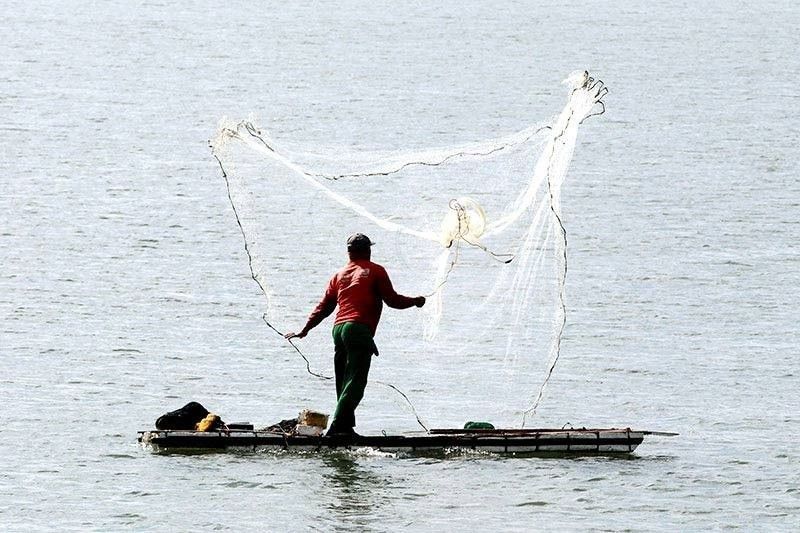Localized weather advisory to reduce losses in agriculture, fisheries

MANILA, Philippines — Disseminating localized weather advisory specific to agriculture will help cut losses in the output of smallholder farmers and fishers during extreme weather, according to an agriculture expert.
During a recent webinar hosted by state think tank Philippine Institute for Development Studies (PIDS) titled “Weather and Climate Information Needs of Small Farmers: Challenges and Opportunities,” Perla Baltazar, senior technical officer of the Department of Agriculture Climate-Resilient Agriculture Office (DA-CRAO), said the agriculture department is intent on mainstreaming climate change in its programs and activities as extreme weather conditions threaten the country’s agriculture and fishery sector.
She said the DA has expanded the Adaptation and Mitigation Initiatives in Agriculture (AMIA) strategy, its flagship program for climate adaptation and mitigation, to test climate-resilient agriculture (CRA) programs.
So-called AMIA villages were established to pilot test the program.
“Our foresight in the AMIA village is to allow our farming and fishing communities to pursue livelihood while effectively managing climate risks,” said Baltazar.
An example of an AMIA village that used CRA practices is in Pamplona, Camarines Sur. According to Baltazar, the farmers in the village excel in the utilization of Climate Information Services (CIS) in their agricultural practices.
Weather bulletins were put out in weather bulletin boards in public spaces or sent via text messages.
The department has been continuously providing periodic advisories using the Philippine Atmospheric, Geophysical and Astronomical Services Administration’s (PAGASA) weather bulletin boards, which are translated into farm advisories.
The advisories from PAGASA served as bases for farm management and operations, minimizing losses in farm inputs and crop damage.
This will ultimately result in greater yield and income for agricultural workers, Baltazar said.
Aside from establishing AMIA villages, another initiative was the adoption of the Climate Resiliency Field School (CFRS) approach in the municipality of Gerona in Tarlac.
The CFRS was introduced by the Rice Watch and Action Network (R1), a civil society organization that aims to assist farmers in adapting to climate change and make farming sustainable through a community-based approach.
Baltazar noted that the capacity of the Agricultural Training Institute, the extension arm of the DA mandated to train agricultural extension workers and their beneficiaries, is limited. Hence, there is a need for partners like R1 to help scale up the delivery of e-extension services for agriculture and fisheries.
One major challenge that Baltazar highlighted in the course of the implementation of these programs is the need for additional capital for smallholder farmers and fisherfolk.
To ease their financial burden, the department has created various support loan programs such as the Expanded SURE Aid and Recovery Project, Agri-Negosyo, and Kapital Access for Young Agripreneurs.
Other challenges include the lack of local translation of weather forecasts, irregular dissemination of advisories, insufficient knowledge of farmers on risk management options, lack of communication strategies to immediately reach communities, and limited access of farmers to risk management technologies.
- Latest
- Trending

























